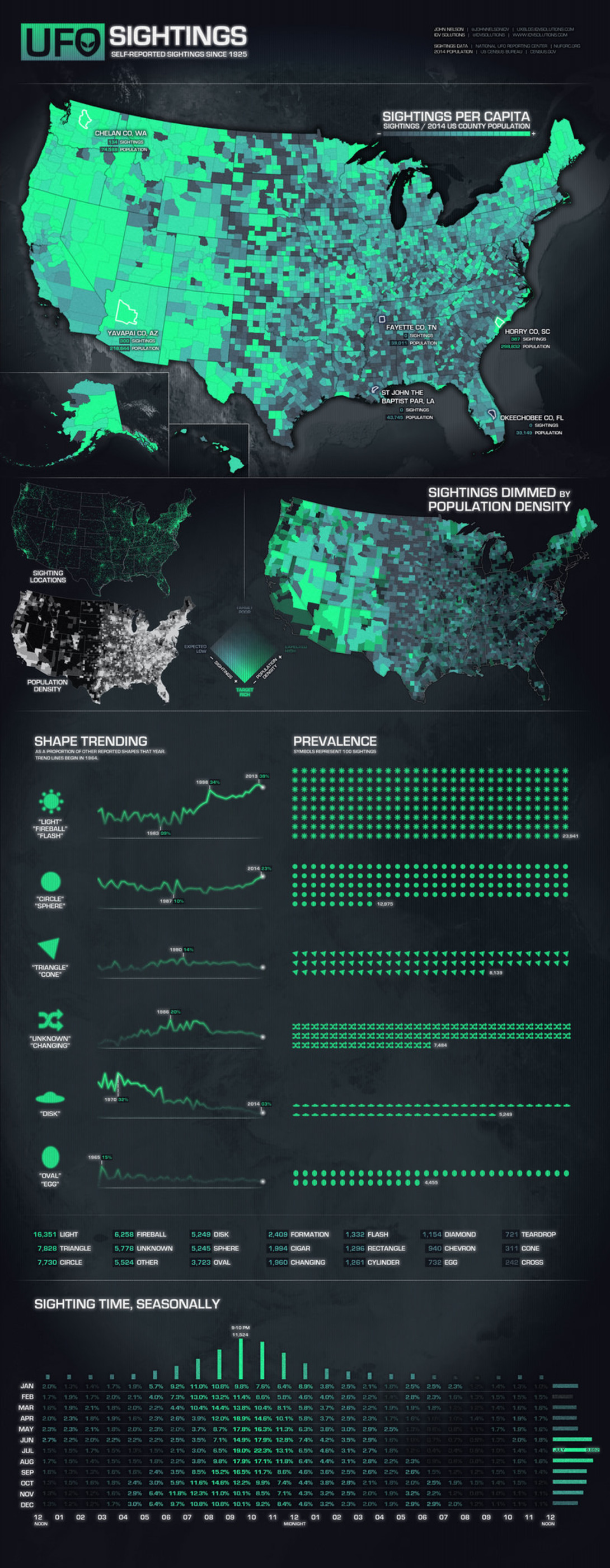The Evolution of the Geek: How “Geek” Went from Insult to Icon
What is a geek? Today, calling someone a geek might be seen as a compliment — a badge of honor for those passionate about a niche, creative, or technical pursuit. But that wasn’t always the case. This infographic illustrates how the geek has evolved, not just as a word, but as a cultural phenomenon.
So where did it all begin? Let’s explore the strange, fascinating journey of geeks from circus oddities to the cultural powerhouses of modern society.
The Origins of Geek: From Freaks to Thinkers
The term “geek” has a weird and unsettling origin. In the 1500s, it referred to someone foolish or ridiculous. By the 18th century, in places like Austria-Hungary, “geeken” described circus performers who bit the heads off live chickens. It wasn’t exactly a glamorous title.
This carnival association marked the first recorded use of geeks in public spectacle — outcasts on display, freaks of curiosity. But the real transformation came in the 1950s, where the term took on a new meaning.
Geekus Prime: The First Evolution
By the mid-20th century, “geek” became associated with individuals obsessed — passionately, endlessly obsessed — with niche interests, particularly science, math, and technology. This era gave rise to “Geekus Prime”, the progenitor of the modern geek.
- These were history geeks, science geeks, and math geeks who spent countless hours consuming knowledge and diving into their chosen domains.
- The stereotype of the pocket-protector, socially awkward individual cemented itself here, as geek culture separated itself from “cool.”
But what happened next? Well, we entered the computer age.
The Rise of the Tech Geeks: Internet and Computers
Enter the Computer Geek. With the rise of computers in the 1980s, geeks who tinkered with motherboards, punch cards, and early software became pioneers of a new world. These were the people building the foundations of the digital era — and let’s be honest, they won.
In the 1990s, the Internet Geek emerged, propelled by the dot-com boom. Programmers, web developers, and those who spoke LEET (1337) became essential in a society going online. This group laid the groundwork for the interconnected digital world we all live in now.
But alongside the computer geeks came a new breed of tech lovers: the Tech Geeks. Starting in the mid-2000s, tech geeks emerged with an obsession for Apple products, social networks, and blogging. These were the early adopters of gadgets that became mainstream icons, and their passion turned technology into something cool.
Pop Culture Explosion: From Comic Books to Blockbusters
Geek culture really started to spread in the late 20th century. No longer limited to science and tech, geeks found their passion in entertainment and storytelling:
- Comic Book Geeks celebrated superheroes and villains from Marvel, DC, and beyond.
- Otaku Geeks (anime and manga lovers) emerged as cultural curators of Japanese media.
- Dungeons & Dragons Geeks (or D&D Geeks) embodied creativity through role-playing games, creating entire worlds in their imaginations.
The 80s and 90s also saw the rise of Video Game Geeks, fueled by Nintendo, Sega, and PlayStation, and the now iconic Star Wars Geeks and Star Trek Geeks — two fandoms that have transcended entertainment to become full-fledged belief systems.
By this point, the “geek” label had shifted. Passionate interest was no longer shameful. It was celebrated.
Music, Food, and Fantasy: Geeks Diversify
The turn of the 21st century brought geek diversification:
- Music Geeks analyzed obscure genres, instruments, and music history.
- Food Geeks turned cooking into science and art.
- Fantasy Football Geeks gamified sports through stats and strategy.
Meanwhile, Design Geeks and Theatre Geeks blended creativity with technical expertise, and even seemingly niche interests like Glee Geeks and Cat Geeks found their place.
Geek Chic: The New Definition
The early 2000s gave birth to a new kind of geek — the “Geek Chic.”
What happened? Well, geek aesthetics — from oversized glasses to ironic t-shirts — became trendy, especially among hipsters who embraced geek culture as a symbol of intellectual irony. Companies caught on quickly. Just look at Geek Squad from Best Buy — an entire brand built on geek credibility.
Geek culture moved from social rejection to commercial dominance.
Why This Matters: The Triumph of the Geek
The evolution of the geek isn’t just about terminology or fashion. It’s about a shift in values. The world moved from mocking niche passion to celebrating it. Today, being a geek means you care deeply about something. It means you’re willing to dedicate time, energy, and thought to what you love.
The world, it turns out, belongs to the geeks. The kids who tinkered with computers are now building rockets, coding the future, and leading the conversation. The fans of Star Wars and comic books now drive the world’s most successful entertainment franchises.
And what about you? What’s your geekdom?
Because if there’s one thing we’ve learned, it’s this: Being a geek — being passionately curious — isn’t something to hide. It’s something to celebrate.








